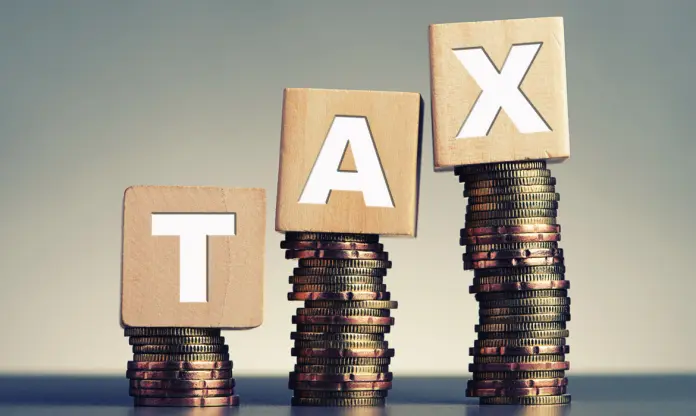On Saturday, July 10, the Act on Measures to Prevent and Combat Tax Fraud, including developments affecting special taxes, was published in the Official Gazette of the Spanish State.
- The concept of tax warehouse is amended to avoid the undue application of the suspension regime, i.e., delaying the accrual of special manufacturing taxes. The envisaged amendment involves applying more restrictive criteria to obtain authorization to allow tax warehouse holders to operate as such. Specifically, storage, receipt and dispatch (all) of products subject to special manufacturing taxes must be at the establishment; in other words, actual storage activities are now required.
- A new serious infringement has been classified: the existence of negative differences in raw materials, works in progress or finished products in factories and tax warehouses exceeding the percentages established in the regulations. This is aimed at discouraging such differences. The penalty is 50% of the rate for the finished products or that could be obtained from works in progress/raw materials in which the difference has been established, at the rate in force on the date of discovery, for a minimum of €300. The penalty is 25% higher in case of repeated tax infringements.
- Two new infringements have been classified to sanction breaches of the requirements and conditions established in the Act and its implementing regulations for applying certain tax benefits in special manufacturing taxes, following the recent position taken by the Supreme Court maintaining benefits in cases of formal breaches when the use of the goods justifying them can be proven. The infringement will be serious when, breaching the requirements and conditions established in the Special Taxes Act and its implementing regulations for applying exemptions and reduced rates, the use or purpose given to the products for which an exemption or reduced tax rate has been applied is not justified. It will be a minor infringement when the products have been used for a purpose that justifies the exemption or application of the reduced tax rate. These two infringements, with their corresponding penalties, are also included in the regulations on the Special Tax on Coal and the Special Tax on Electricity. The penalty is 50% of the benefit applied for serious infringements and 10% for minor infringements. In the case of serious infringements regarding special manufacturing taxes, the penalty is 25% higher in case of repeated tax infringements.
- The minor tax infringement for holding alcoholic beverages or tobacco products without tax markings for commercial purposes now includes possessing them without meeting the requirements established under the regulations and a specific fine for rolling tobacco.
These developments came into effect on July 11.
- Additional provision one establishes control standards for raw tobacco operators and professional transporters of this product. It specifically prohibits retail of raw tobacco and establishes a series of registry, accounting, movement and tax authority reporting obligations. Finally, the powers of raw tobacco control bodies and the penalty regime for this product are regulated. This provision will take effect on January 1, 2022.
- Additional provision two bans certain machines for manufacturing tobacco products. This provision will come into effect three months after this Act entered into force on July 11, i.e., October 12, 2021.
- Additional provision five negates the impact of increased official CO2 emissions recorded in the vehicle specifications on the vehicle registration tax as a result of the EU regulations on measuring emissions that took effect on January 1, 2021, in particular, the new WLTP (Worldwide Harmonised Light Vehicle Test Procedure) that replaced the former NEDC (New European Driving Cycle). The measure raises the four bands or headings of the tax by 20%, which is, on average, the same percentage that CO2 values increased under the new method. This tax relief, aiming to avoid a higher decline in car sales, has also been tabled in France and Portugal and will apply, for the time being, from the entry into force of the Act (July 11) until December 31, 2021.
